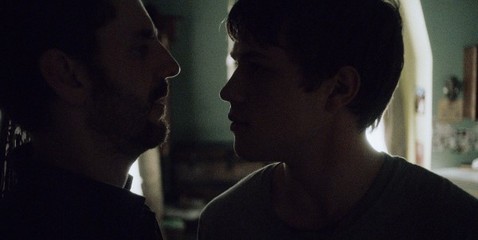 Stephen Dunn's Closet Monster is a coming-of-age LGBT story with a ton of bite, a film that dabbles in psychological horror and surrealism to deliver a powerful, one-of-a-kind story. Closet Monster is centered on Oscar, a college senior who is still trying to find his place in the world. Oscar's struggles are related to a rough childhood, one which has left him with psychological scars, thanks primarily to his father's masculine-based insecurities which in turn have led to Oscar's mother fleeing the household early in Oscar's childhood. Keeping mostly to himself, Oscar devotes almost all his time to his passion for monster makeup, with his pet hamster, Buffy, who talks to him, serving as his only real companion. That all changes when Oscar meets Wilder, a mysterious young man who seems to live by his own rules. Oscar's interactions with Wilder are full of sexual tension and as they spend more time together, Oscar's complacent denial becomes shattered, forcing him down a path of true awakening, which ultimately involves him standing up to his father and accepting his path, one that has never been easy. The first thing that jumps out about Closet Monster is the assured vision from first-time feature filmmaker Stephen Dunn. Closet Monster is an impressionistic descent into the psyche of a character in Oscar who has been hiding in the shadows, with the filmmaking using lots of surrealistic touches to evoke the trouble mindset of the stories' main protagonist. Closet Monster is fierce filmmaking, taking the rather generic sexual awakening storyline and injecting with a strong dose of psychological horror, a decision that both separates it and elevates it from other films of the genre. Oscar's psychological torment includes visions but the most important one is simply the conversations he has with his hamster. While it's clear initially that the hamster serves as a reminder of Oscar's feelings of solitude, given his somewhat repressed sexuality, it becomes increasingly clear towards the end of the film that the hamster itself was a symbol of his dependency, as Oscar himself was never capable of owning himself, or able to stand up to his father and be who he wants to be. Oscar couldn't free himself from his father's embedded idea of what it means to be a man, which at least, in part, led to this dependency. At its core, Closet Monster is a film about individuality, with Oscar eventually finding himself and embracing it. His past only haunted his psyche, and the hamster's death serves as a symbolic representation of his ability to free himself from outside influences, whether parental or societal, and be himself, comfortable in his own skin. Touching on the emotional struggle of coming out through the lens of psychological horror, Closet Monster is a singular vision from Stephen Dunn, without question making him a filmmaker to watch going forward.
0 Comments
 Kerem Sanga's First Girl I Loved is a tender, honest portrait of adolescence, a film that effectively captures the confusion of budding sexuality and how societies' preconceived notions towards homosexuality can do a great disservice to youth. The film is centered around Anne, a quirky 17-year-old photographer for the school yearbook, who while on assignment is struck by her initial, sudden attraction to Sasha, a member of the softball team. Anne is startled by her powerful attraction, and in attempting to understand her sexual preference, she entrusts her best friend Cliff with her secret. Unexpectedly Cliff lashes out, having harbored feelings for Anne this whole time, becoming quite vindictive in his attempts to get in the way of Sasha and Anne's budding romance. Considering sexual confusion and discovery is a major proponent in LGBT cinema, for good reason, many films of this ilk feel a dime-a-dozen, unable to really distinguish themselves from the pack. With First Girl I Loved, Karem Sanga has created a film that does just that, thanks to its ability to balance its serious subject matter with a comedic tone. One of the major aspects that stands out with First Girl I Love is simply how adorable the budding romance is between Sasha and Anne, two characters who themselves are swept away by their attraction and emotional connectivity. Neither of these characters really have much time to think about the fact that they must be, at the very least, bisexual, but that doesn't (and shouldn't) matter, as they are following their hearts. The film does a beautiful job of finding the piercing comedy in the awkwardness of "the pursuit of romance", laughing about the playful dishonesty that comes with trying to impress. The awkward silences, the insecurities, all are laughed at in First Girl I Loved, as the film perfectly captures how discombobulated people can look when they are attracted to/falling in love with one and other. This aspect of the film, even bigots should be able to be emotionally drawn too, given the universal feeling of love, but where the film really excels is in its ability to capture how detrimental societies taboos related to homosexuality can be on a teenagers natural development. The confusion of adolescence is a universal concept, but when you combing this with the preconceived idea that homosexuality is "not normal" it can prove psychologically abusive to young teenagers who are simply trying to find comfort in themselves. While the film is far from perfect, being a little too vindictive towards every male character in the film for my liking, there is no denying that First Girl I Loved is an honest, comedic look at budding sexuality, making an important case for society as a whole to not treat homosexuality as any different, for the sake of not only aware homosexuals, but those who are still in the process of discovering their sexuality. 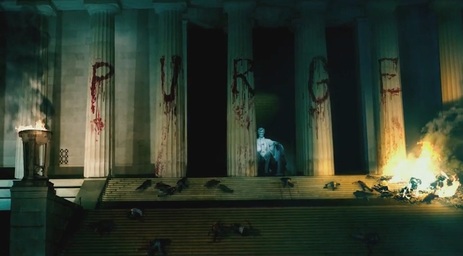 The evolution of the Purge franchise has been a fascinating one, with each installment getting larger not only in physical scope but in its thematic ideals. With Purge: Election Year, the series has created a mostly brash commentary on the current state of America, one runned by an oligarchy of the political elite whose only interests lie in how much money they can bankroll themselves with. Let's be clear, The Purge: Election Year's politics are loud and incredibly simplistic, but that's not to say I don't enjoy this exaggerated reality and appreciate its ability to make some pointed commentary, regardless of it's simplistic approach. Picking up two years after the last installment, Purge: Anarchy finds Leo Barnes serving as the head of security for Senator Charlie Roan, a woman who Is adamant of banning the annual purge from existence. The Purge is a system designed by the oligarchy to target the poor and weak, those who cannot protect themselces, and the Senator's campaign seems to be winning the hearts and minds of the nation. The New Founding Fathers are fearful of losing their power, so they concoct a scheme to have the Senator killed during the annual purge. Betrayed by the oligarchy, Leo and Senator Roan find themselves on the streets of D.C. during the one night where all violence is legal and no help is available, forced to survive in order to maintain the Senator's hope for a brighter future. The Purge: Anarchy is loud, dumb and fun, an often hilariously simplistic allegory of modern day America that is certainly entertaining as long as you don't expect much true horror. The series has almost completely divulged from its horror roots at this point, being solely built on shock, sadistic imagery, and painfully blunt political commentary, with gruesome action being it's primary tactic. Nuance and subtlety are not the film's strong suits, but I'd be lying if I wasn't at least somewhat surprised by the film's ability to capture the toxic nature of violence, and how both the oppressed and opressors can become one in the same when violence is their weapon of choice. Full of some piercing sadistic imagery that is as amusing as it is abrasive, The Purge: Election Year is a fun action, horror film that pulls no punches in it's allegory about the treatment of the poor, unapologetic in it's blunt, albeit simplistic perspective. 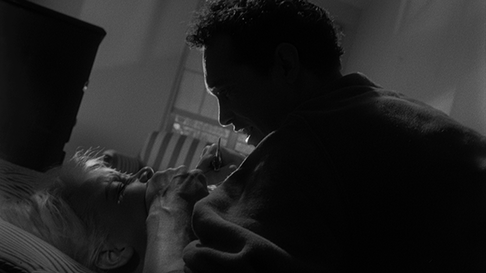 Leslie Stevens' Private Property is an alluring piece of filmmaking, an expertly crafted noir-esque thriller that uses its tight narrative to examine the relationship between desire, gender, and class tension. The film is centered around Duke and Boots, two young thugs, who emerge from the beach dunes in Malibu and proceed to hold up a California gas-station owner. Calmly sadistic and calculating, Duke is clearly the brains of the operation, a character who routinely pokes and prods his psychologically-challenged partner Boots, mainly over his lack of sexual conquest. Duke laments that he wants to help Boots seduce a woman, and when the beautiful Ann Carlyle, the upper-class wife of a insurance-company executive, enters the picture looking for directions, Duke and Boots concoct a plane. Following Ann to her beautiful home in the Hollywood Hills, Duke and Boots squat at the empty neighbors house, with Duke slowly using charming manipulation to stroke the conscious of a woman in Ann who isn't having her own desires completely met by her husband. Private Property touches on class to a degree, but the film's core examination is centered around the genetic evolutionary-defined roles of gender, where the man's role as a hunter/gather/provider and the female's role as a nurturer create a dangerous cocktail between the calmly sadistic Duke, who manipulatively champions himself as a poor man looking for work, and the sexually-repressed Ann, whose considerably wealth and genetically engineered penchant for nurturing enables her to help. In Private Property, Ann's beauty serves as her potential demise in a sense, with every male character pining for her, as Duke at one point even proclaims "if I can't have you no one will". By the end of the film both Duke and Boots fight to the death for Ann's affection, both treating her like a possession in which they are owed. Duke was introduced as a sadistic character long before his seduction of Ann, so I'd argue this film is not about modern day feminism principles themselves, but more about the powerful forces of desire and passion, with Ann herself becoming a slave to her impulses, unable to reject her primal, carnal desires. All these characters respond to their primal states, as if Private Property is merely a subtle statement about humanities' desire and struggle to break free from these genetically-defined, evolutionary traits. Private Property is an extremely well photographed film, with Stevens use of depth of frame particularly standing out, routinely obstructing the foreground of the composition in an attempt to evoke the emotions of its characters. One example of this is when Ann gives in to her sexual desires and proceeds to share a long kiss with Duke. Stevens places a birdcage in the foreground of the frame, a visually representation of Ann's restricted sexuality and desire. caged. unable to break free. The opening shot of the film also stood out to me, a simple shot that sees Duke and Boots emerging from the sands of Malibu. While simplistic, the angle and the ambiance of the scene evoke a sense of danger about these two characters, as if they are emerging from the primordial ooze of masculinity. Voyeuristic compositions are also used throughout to create tension, with Duke and Boots routinely watching the beautiful Ann from afar, calculating their next move. An extremely well-crafted film, Leslie Steven's Private Property is an underappreciated gem which provides a complex and fascinating examination of the primal urges of humanity.  Penny Lane's Nuts! is a playful, invigorating documentary about Dr. John Romulus Brinkley, an eccentric man of intelligence who built an entire empire of medicine due to his goat-testicle impotence cure and his pioneering use of radio. Featuring a host of cinematic techniques which include animated reenactments, interviews, archival footage, and a somewhat unreliable narrator, Nuts! is a highly enjoyable story of one man's entrepreneurial rise to a place of celebrity and influence in the 1920s. Penny Lane's Nuts! is the type of documentary that is best to go into knowing as little as possible, given that one of the film's greatest attributes is its ability to manipulate the viewer. I'm trying to keep things somewhat vague in this regard, as the less you know the better, but lets just say that I haven't seen a film in awhile that played with my perceptions of the world so effectively, only to expose the truth in a way that left me quite startled by its conclusion. Nuts! as a documentary is a great example of the power of convincing narrative structure, a film that is utterly believable in its early David vs. Goliath story that finds Dr. Brinkley fighting for the common man against his perceived oppressors, the status quo, only to pull the carpet out from underneath the viewer and reveal the true subversive nature of Dr. John Romulus Brinkley's medical empire. Documentary filmmaking more so than any other genre of film can fall victim to lazy filmmaking, but Nuts! never comes close to relying solely on its unique story, embracing its absurd subject matter to tell this tale with vigor and imagination. Perhaps the most astonishing aspect of Penny Lane's Nuts! is that by the end of the documentary it becomes clear that the film itself is simply mirroring that of its primary subject, delivering a convincing set of circumstances that effectively cons the audience into believing its well-intentioned narrative, a very similar practice to how Dr. Brinkley himself rose to prominence. Playful, eccentric, and utterly manipulative in the best possible way, Penny Lane's Nuts! is an imaginative and fascinating documentary that shouldn't be missed. 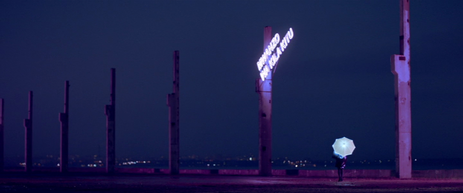 Aleksey German's Under Electric Clouds is a challenging portrait of humanity, a film that is utterly ambitious in its indictment of the current state of Russia, which manages to be as elusively oblique as it's transfixing. Taking place exactly one hundred years after the communist-led Russian Revolution, Under Electric Clouds is set in 2017 Russia, where the future looks incredibly bleak due to what is expected to be another world war. Told through a series of interconnected vignettes, Under Electric Clouds is a philosophically bleak examination of humanity, a film that is far from streamlined but utterly fascinating due to its powerful ideas and stunning visual design. Through these interconnected stories, Under Electric Clouds is an existential story of humanity, a film that almost professes that we are all just animals trying to do the best we can, with the human condition being full of continuous attempts at success no matter the amount of times we fail. There is a lot of sadness within this repetitious try, fail, try, fail nature of humanity, with Under Electric Clouds being a story of despair and seclusion, an experience that perfectly matched by its visual design, a dark, cloudy atmospheric palette, creating a look of dystopia the filmmakers' no question intended. The existential component of Under Electric Clouds relates to the idea that our individual lives are by proxy meaningless, with the cycle of human failures and successes as it relates to politics, humanitarianism, etc throughout history hardly improving on the grand scale of time. While I'm sure this film sounds incredibly depressing and boring by now, Under Electric Clouds presents these ideas in a way that somehow manages to never feel all doom and gloom, as the film's tone routinely oscillates between black comedy and hyper serious hypothesis about humanity and the meaning of our existence. Beneath all the conjecture, Death is a major element Under Electric Clouds too, being presented in a very cold, matter of fact nature throughout the vignettes, another reminder by the filmmaker of how meaningless individuals are in the grand scheme of things. One of the more interesting components of Under The Electric Clouds is its commentary on the the failures of globalism, presenting a pointed commentary on how it has only created a fallacy of togetherness, with forced collectivism being in a space where money, and power, still reign. History and tradition by proxy have been trampled for the perceived better future, with perhaps my favorite commentary of Under Electric Clouds being how it reveals how dangerous that blanket assumption can be, this ideal that the future will always be better than the past, or present. A hyper ambitious study of not only Russia but humanity itself, Under Electric Clouds is a somewhat messy, but always intoxicating, existential and spiritual journey about a host of fascinating hypothesis. 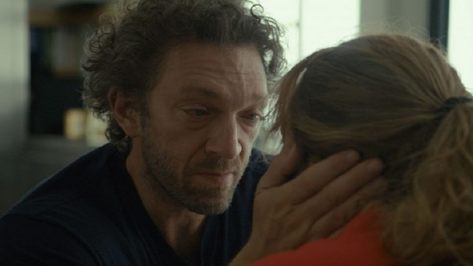 Maiwenn's My King is a tale of destructive passion, a relationship drama that is as thoughtful and honest as it is electric and toxic, deconstructing humanities' penchant for the virulent cocktail of love, passion, and desire. The film is told through the female character of Tony, opening with a scene that finds her admitted to a rehabilitation center after a serious ski accident. With a badly damaged knee and a long rehab schedule ahead of her, Tony finds herself weak and completely dependent on the staff of the facility, triggering her to reflect on her turbulent and passion-soaked relationship with Georgio. Featuring a narrative that oscillates between Tony's present struggles and her past failings with Georgio, My King is a film told entirely from the perspective of Tony, revealing a woman who was psychologically abused and tormented. With that in mind, what makes My King so impressive how it shows little interest in actually demonizing Georgio, focusing instead on attempting to understand the complexities of emotional insecurity, a film that almost screams "we are all emotional animals" at the top of its lungs, as we watch the well-performed torment. These characters are very passionate at first, fully in what one may perceive is love but as the film progresses the toxicity of their relationship begins to show itself, with Georgio's need to retain his individuality running head-on into the wall of love. The mere concept of falling in love is in complete conflict with humanities' penchant for individual freedom, something which Georgio cannot go one without. Georgio's betrayal of love only encourages an authoritarian presence within, with a few scenes throughout My King feeling uneasy, showing a man who simply won't compromise. His desire to hide his weaknesses and fill his role as the tough masculine male is a central component to his psychological abuse, as Georgio hides his addictions and flaws from his lover and wife. Tony and Georgio's passion is what blinds them from the realities of their situation, and the narrative of My King gets more disheartening as it continues, with their attempts to stay together, keep the family together, causing even more damage to the emotional core of Tony. This is a story of healing for the character of Tony, a woman who is attempting to rebuild her psyche after years of psychological abuse fostered countless insecurities. Tony sacrifices as much as possible in an attempt to regain their intense early passion, but it becomes clear that Georgio is unwilling to accept how important personal sacrifice is for the sake of any healthy relationship. Maiwann, the director, puts the juxtaposition between Tony's present and her past to good use, with the painful, monotonous physical therapy coming to symbolize her flawed relationship with Cassel, one of constant pain that she can't seem to escape. Towards the end of the film, Tony's physical therapy becomes more a symbol of her long path to recovery, with Maiwann's My King proving itself as an emotionally charged relationship drama that is well-performed and well crafted. |
AuthorLove of all things cinema brought me here. Archives
June 2023
|
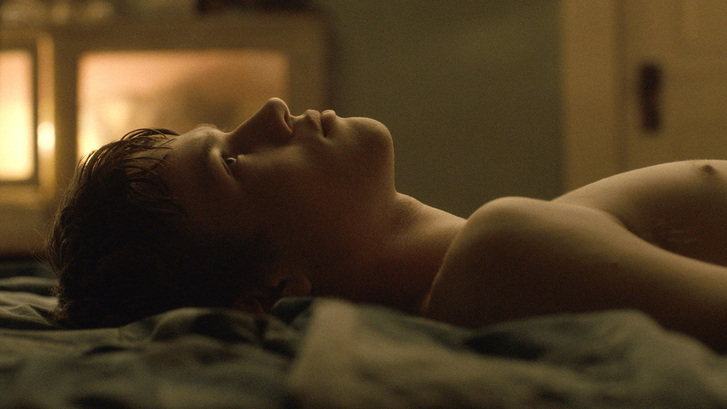
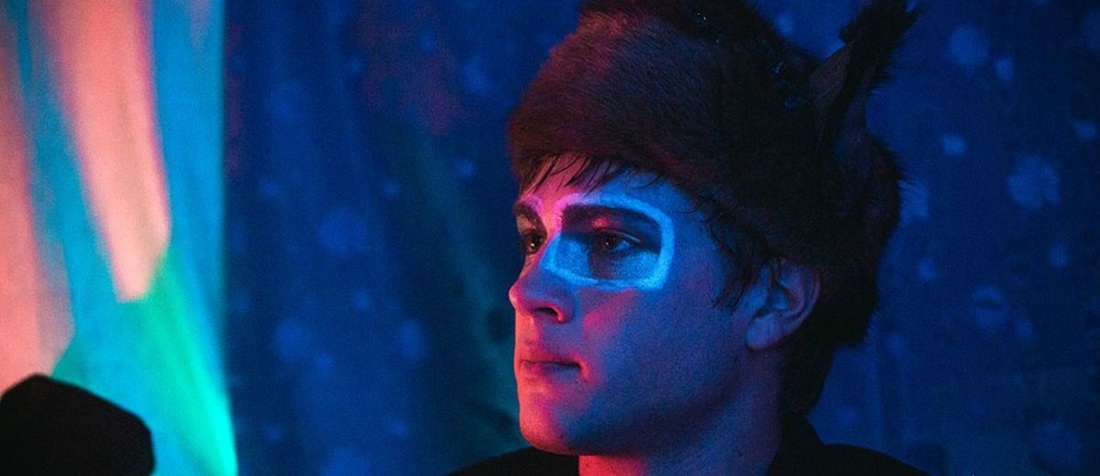
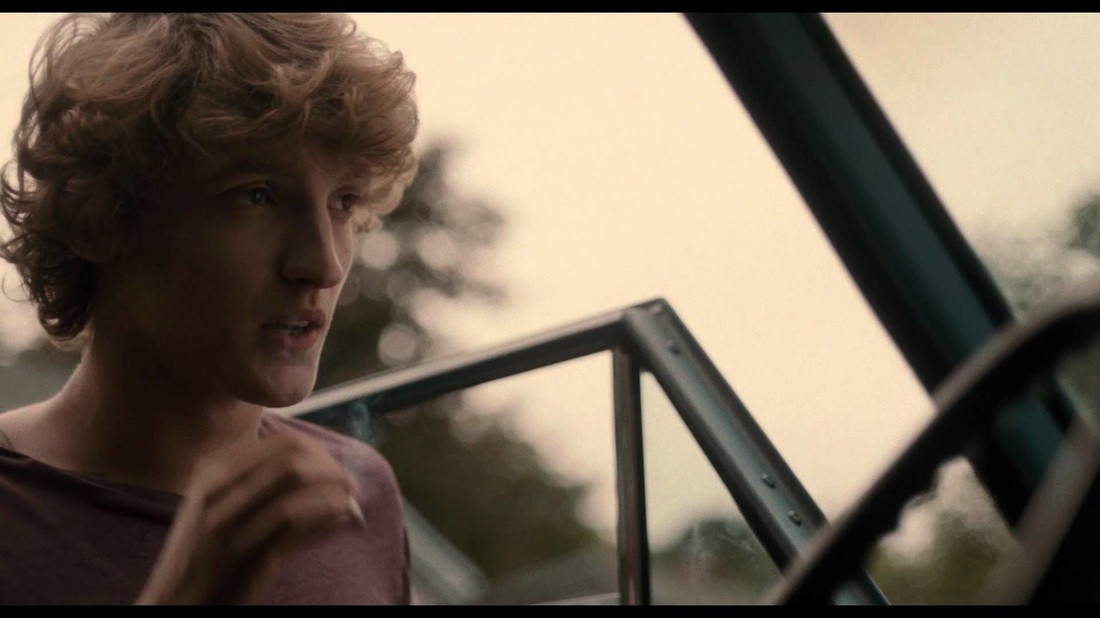
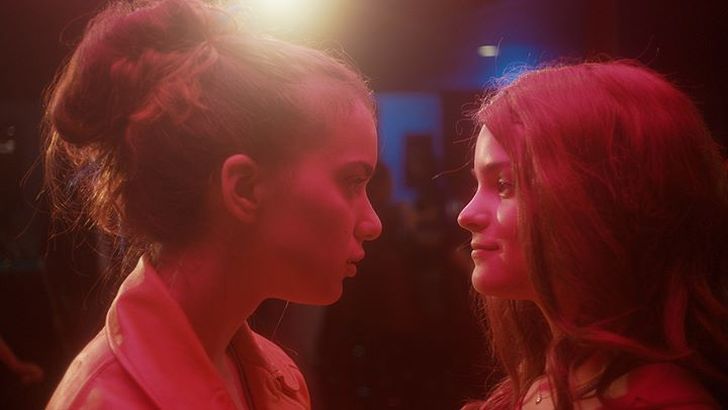
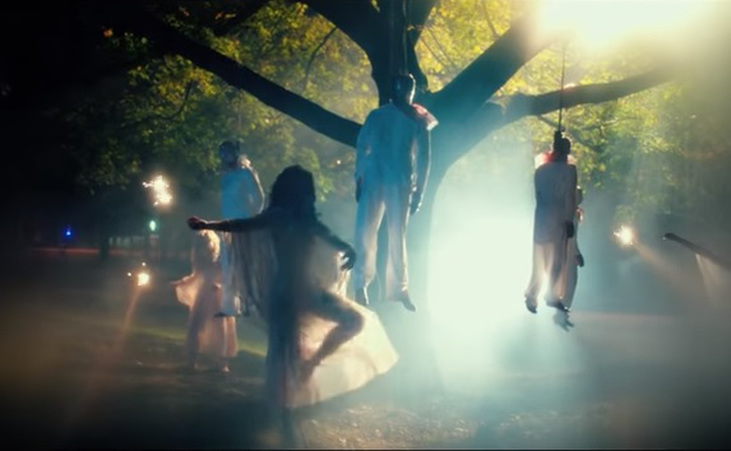
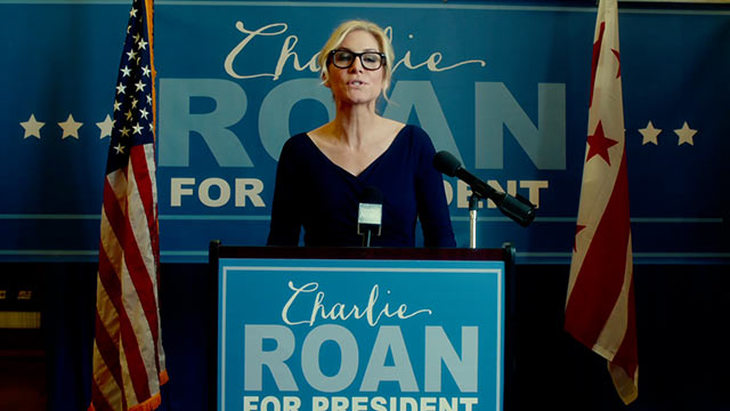
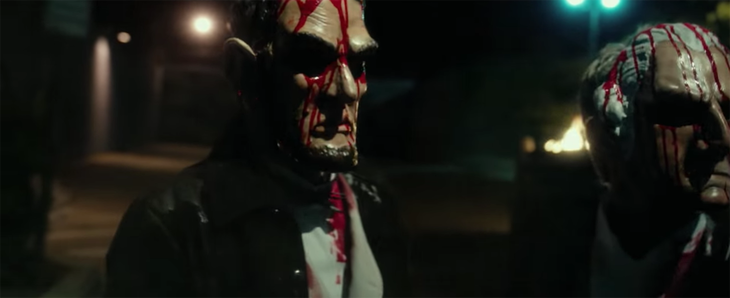
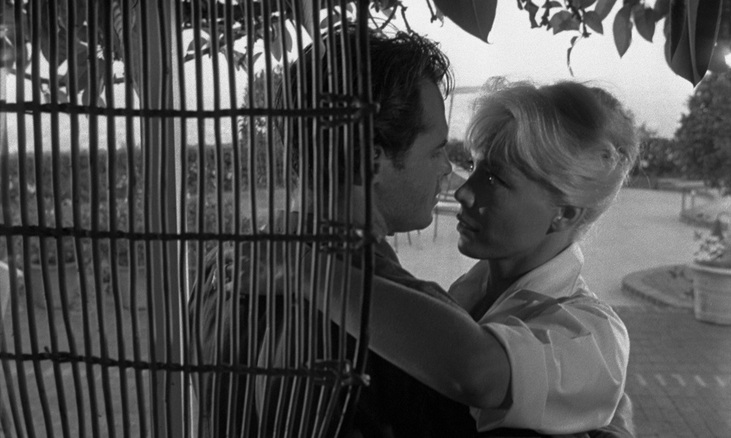
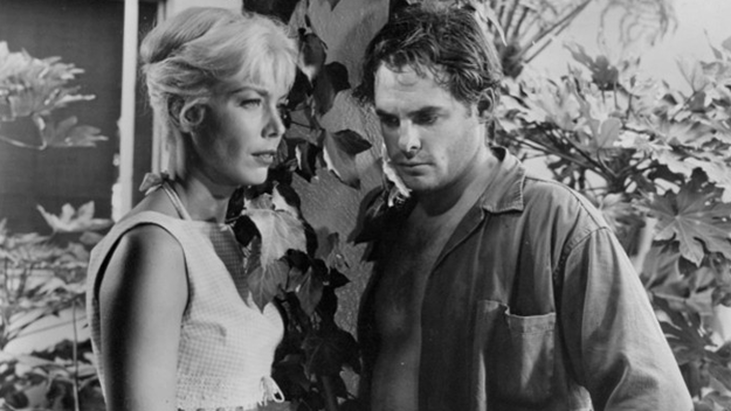
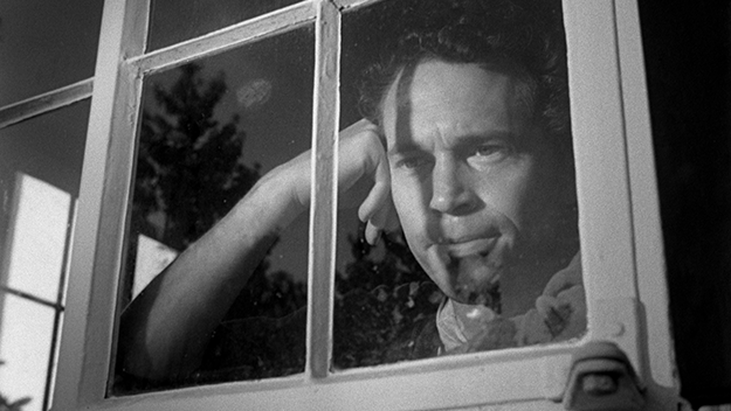
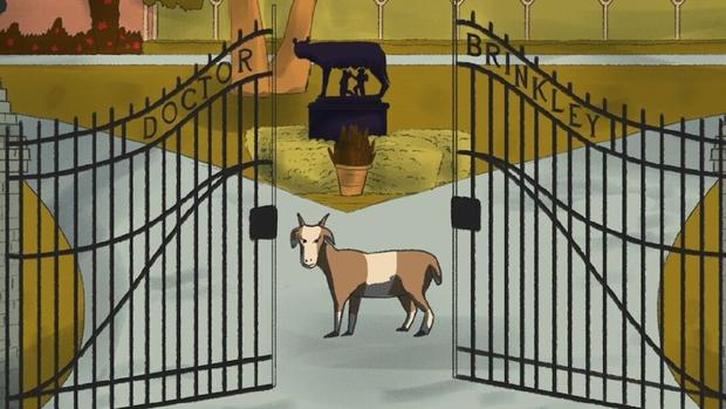
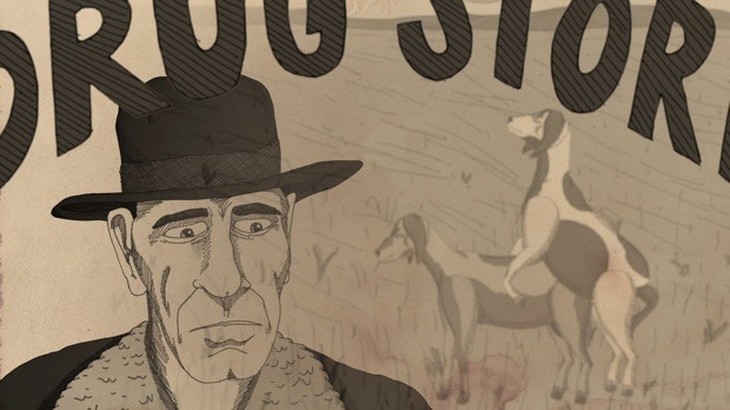
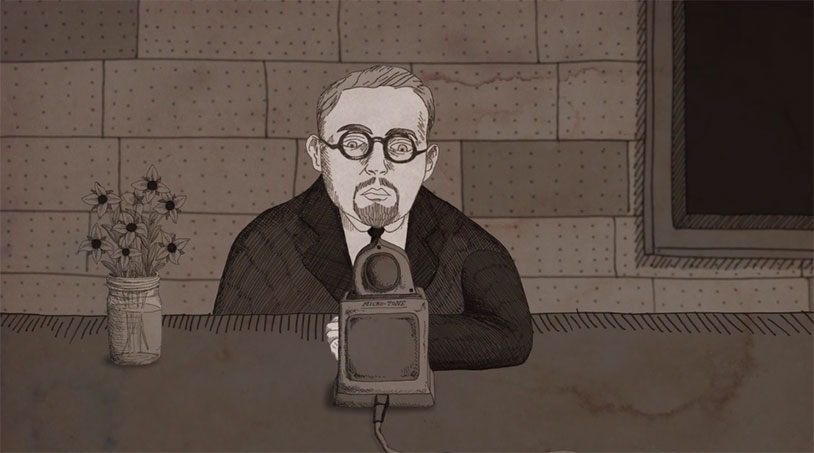
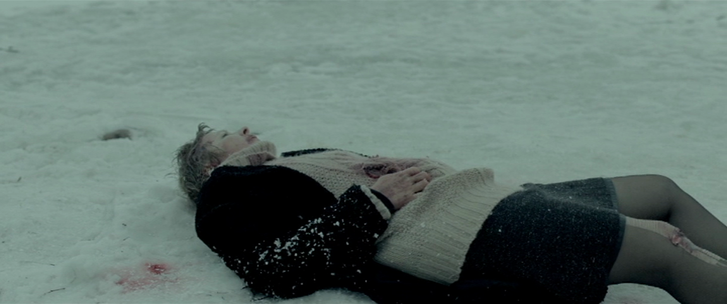
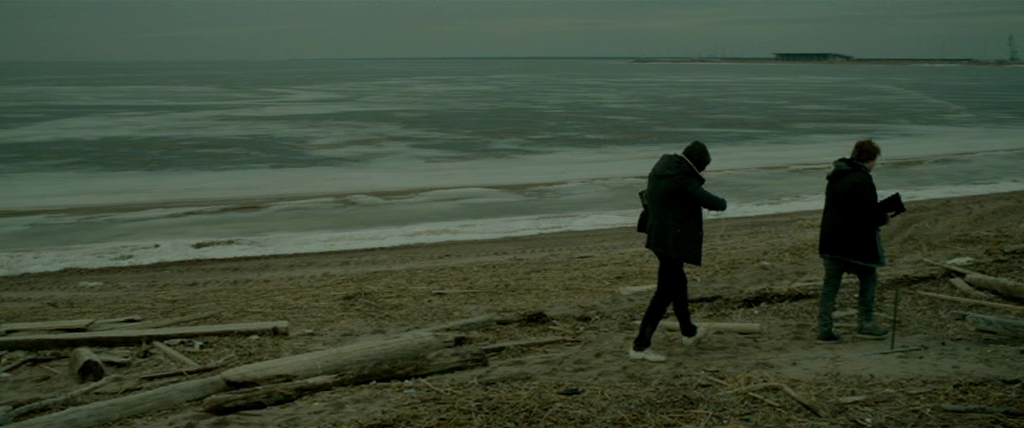
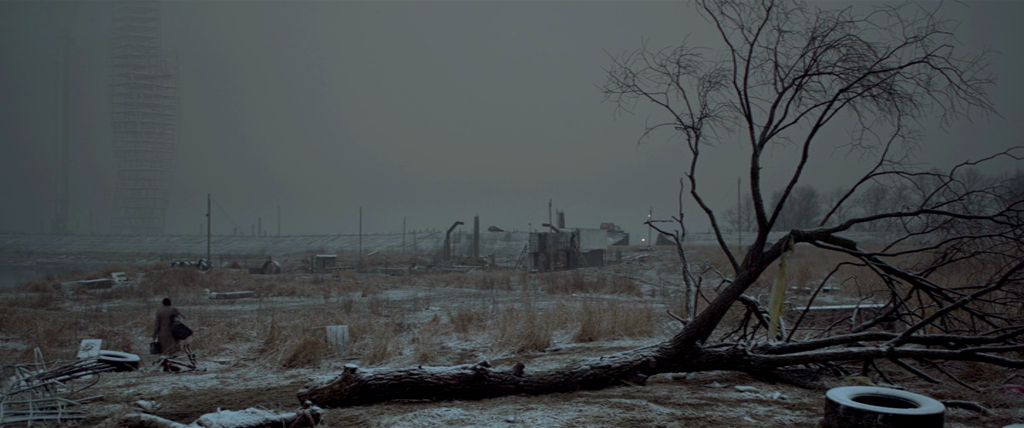

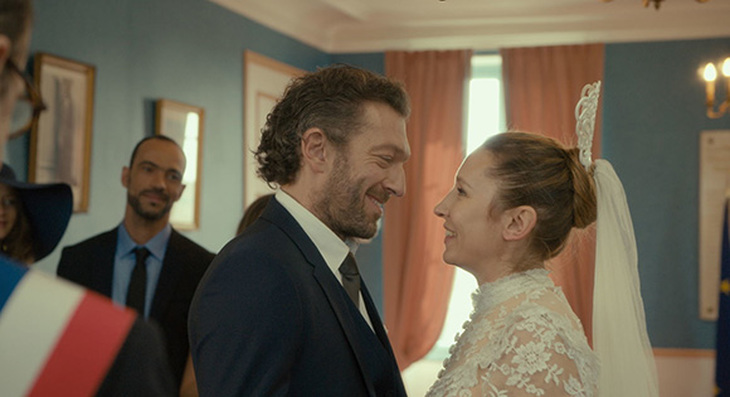

 RSS Feed
RSS Feed
